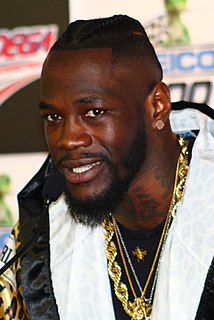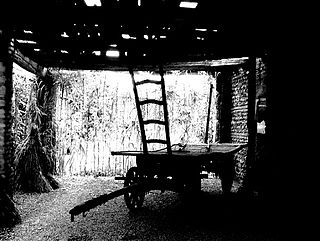A Quote by Kristin Cavallari
I have no urge to go back to college.
Quote Topics
Related Quotes
When I went to college, I went to a junior college. I wanted to go to the University of Alabama but had to go to junior college first to get my GPA up. I did a half-year of junior college, then dropped out and had my daughter. College was always an opportunity to go back. But she, my daughter, was my support. I gave up everything for her.
Writing is a strange and solitary activity. There are dispiriting times when you start working on the first few pages of a novel. Every day, you have the feeling you are on the wrong track. This creates a strong urge to go back and follow a different path. It is important not to give in to this urge but to keep going.
But you know, where did the Brontes go to college? Where did George Eliot go to college? Where did Thomas Paine or Thomas Jefferson or George Washington go? Did George Washington go to college? This idea which we now have that people ought to have these credentials is really ridiculous. Where did Homer go to college?




































